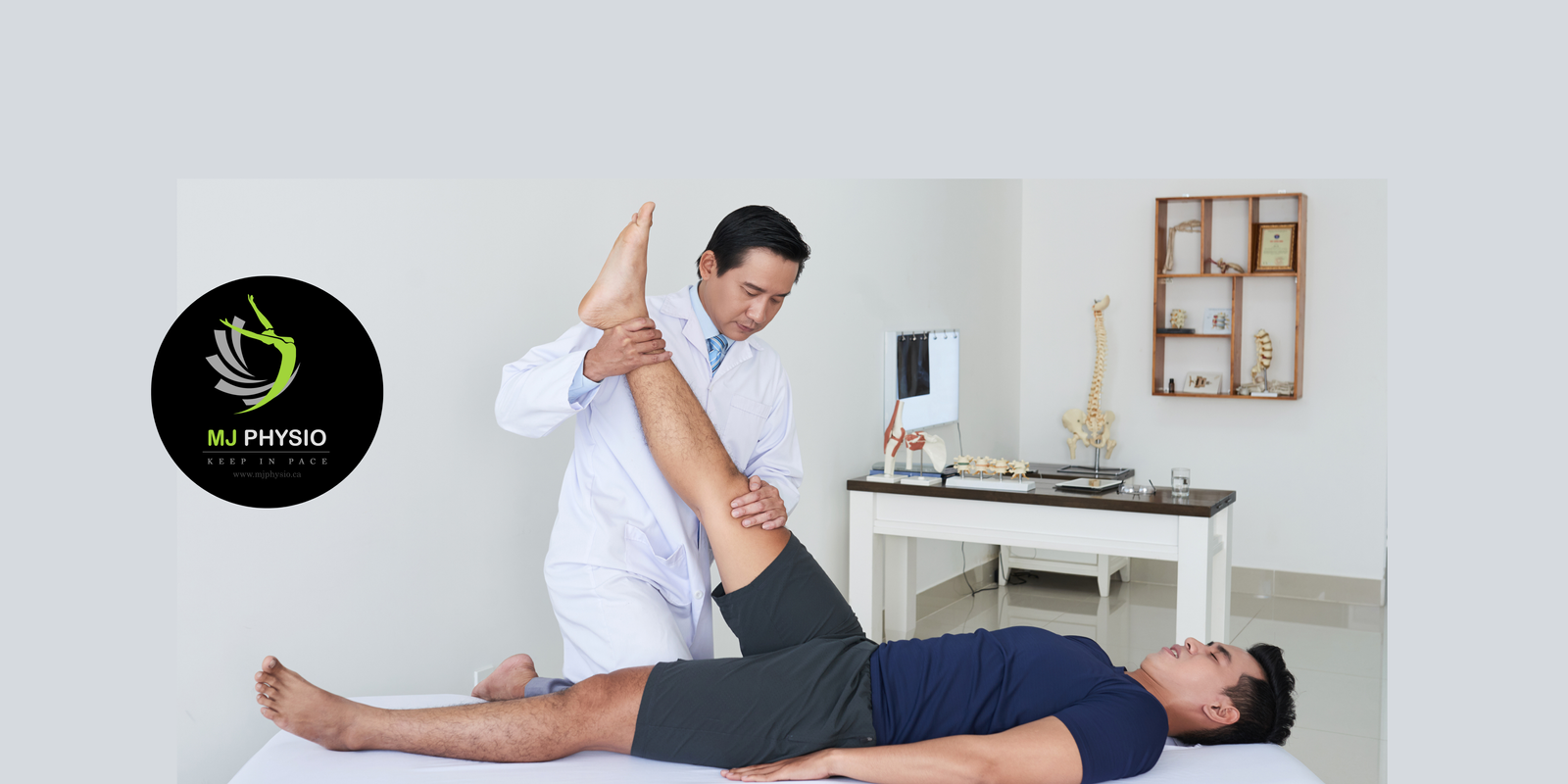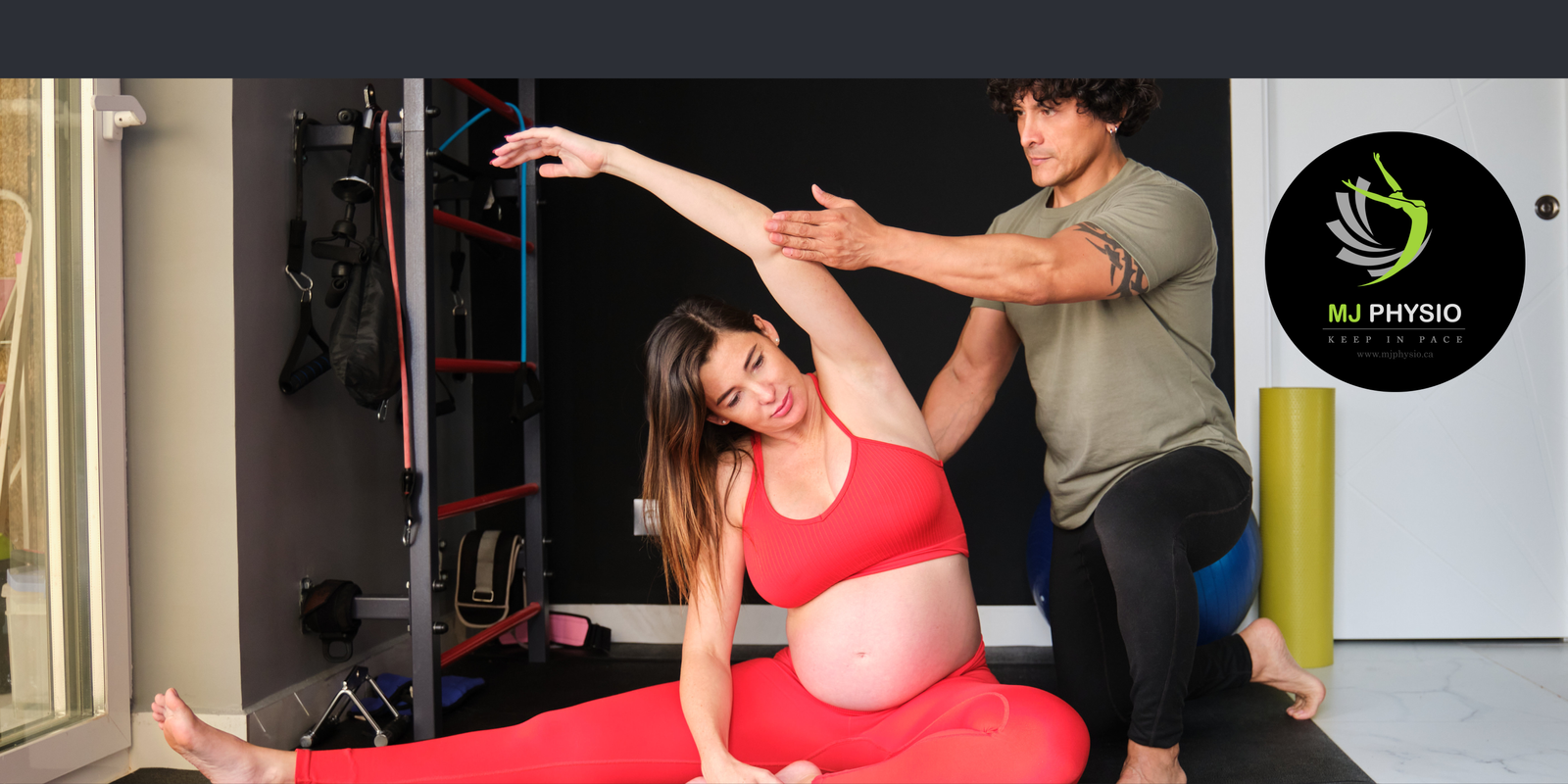Spinal Cord starts from the brain, runs down towards the cervical and thoracic spine, and exits at the lower part of the thoracic spine. The spinal cord can be divided into segments as per the nerve roots that branch off of it.
- Lower Segment or cervical spine nerve roots
- Upper Segment or Lumbar Spine nerve roots
The inflammation of a spinal nerve root is called Radiculopathy. Radiculopathy is classified into two types depending upon the position of inflammation.
- Cervical Radiculopathy
- Lumbar Radiculopathy
What are the causes for Inflammation of the Spinal nerve root?
Cervical Radiculopathy Causes
Cervical Radiculopathy lets you know when a nerve root in the cervical spine is diseased. The patient may experience numbness, altered reflexes, or weakness that might also radiate anywhere from the neck to shoulder, arm, hand, or sometimes even fingers.
The most common causes of Cervical Radiculopathy are when a nerve root gets damaged due to cervical herniated disc such as injuries, or spine degeneration over time.
Lumbar Radiculopathy Causes
Lumbar radiculopathy refers to the disease involved in the upper segment of the spinal nerve root. This type of disease would result in pain, numbness, or weakness in the buttock and leg. In layman’s terms, the disease is often termed Sciatica.
Lumbar radiculopathy is caused when spinal nerve roots are compressed due to conditions such as lumbar disc herniation, spinal stenosis, osteophyte formation, spondylolisthesis, foraminal stenosis, or other degenerative disorders.
Symptoms of Inflammation of a spinal nerve root
When spine nerve roots are compressed, it becomes inflamed. This results in several unpleasant symptoms such as:
- Shooting pain in the back, arms, legs, or shoulders that might worsen up with your daily activities
- Weakness or loss of reflexes in legs or arms
- Numbness of the skin, or no sensations in the arms or legs
Symptoms would vary depending on where the spinal nerve is inflamed or pinched. However, sometimes it is also possible that you may notice any pain or just go through periodic flare-ups.
Diagnosis for inflamed spinal nerve root
To diagnose radiculopathy, you may have to consult your doctor.
- You will have to undergo physical tests and exams to check your muscle strength and reflexes. Let your doctor know if you endure pain with certain movements. This will help your doctor evaluate the affected nerve root.
- To check and identify the structure in the problem area, an imaging test such as X-ray, CT Scan or MRI Scan needs to be conducted.
- Further examination will be done to identify if the problem is neurological or muscular.
Treatment for inflamed spinal nerve root
Treatment depends on the location and cause of the situation along with the other factors. First preference would be given to non-surgical treatment and might include:
- Medications such as muscle relaxants, anti-inflammatory drugs to control the symptoms.
- Weight loss strategies to reduce pressure on the affected area.
- Physical therapy treatment to improve muscle strength and avoid further inflammation.
- Usage of Steroid injections in order to reduce the risk of inflammation and relieve pain.
Even after non-surgical treatment if the symptoms continue to arrive, then you might need a high-level approach. MJPhysio offers the best Spinal decompression treatment and serves in Vancouver, Surrey, and Fleetwood locations. Book your appointment today.







Post Comments